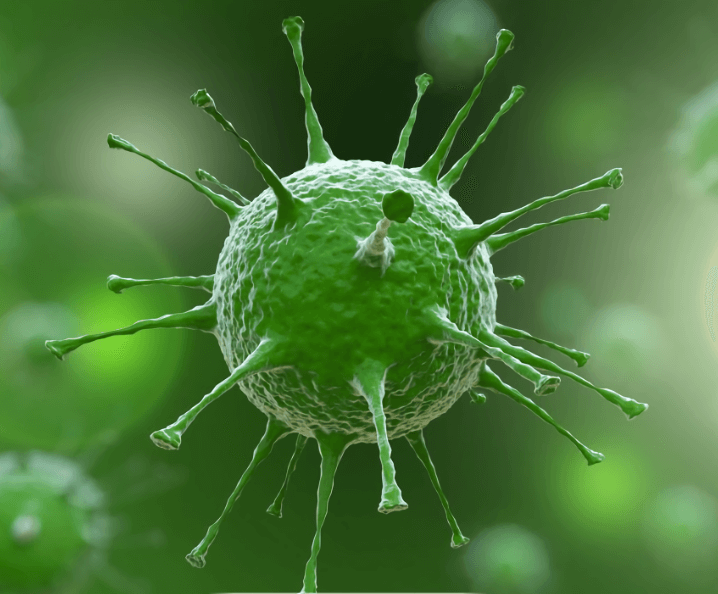Peste des Petits Ruminants Virus Vaccines
With the leading technology and years of experience in vaccine development, Creative Biolabs has advanced vaccine technology platform and provides a rapid means to afford protection from peste des petits ruminants virus in an outbreak situation. As a service provider, our goal is to provide the highest level of service, confidentiality and customer support.
Peste des Petits Ruminants Virus

Peste des petits ruminants (PPR) is a viral disease that affects goats, sheep, and wild ruminants. Due to its severe economic impact and its ability to spread rapidly, PPR has been included among the notifiable diseases by the World Organization for Animal Health (OIE). The Food and Agriculture Organization and the World Organization for Animal Health launched a joint initiative in 2014 to eradicate PPR by 2030. The causative agent of PPR is peste des petits ruminants (PPRV), a ruminant Morbillivirus virus belonging to the Paramyxoviridae family, which comprises a genome consisting of a single-stranded negative-sense RNA fragment of 15,948 nucleotides, encoding six structures and two non-structural proteins. There were four distinct lineages of PPRV, namely lineage I, II, III, and IV, based on the geographical distribution of PPRV, but only one serotype of PPRV was found.
Vaccines for Peste des Petits Ruminants Virus
- Conventional Attenuated Vaccines
The live PPR vaccine based on Nigeria 75 strain has been widely used to control PPR in many countries but the vaccine is heat-sensitive. The PPRV strain Nigeria 75/1 can reduce the virulence of the virus by serial passage on Vero cells. The attenuated vaccine has no adverse side effects such as abortion in pregnant animals, and vaccinated animals produce anti-PPRV antibodies for at least 3 years and cannot transmit the challenge virus to in-contact animals. Different PPRV strain viruses are used as challenge viruses, and the disease is not induced in the vaccinated animals. Therefore, it is expected to become a vaccine candidate for controlling and eradicating PPR worldwide.
- Vector Vaccines
The PPRV genome encodes two structural glycoprotein hemagglutinins (H) and fusion proteins (F), which are essential for cell attachment, viral penetration, and protective immune responses. The H and F protein genes of several morbilliviruses have been expressed in various vector systems and they can be used as effective sub-unit vaccines The PPR virus gene is inserted into the capripoxvirus vector to prepare a bivalent and thermostable recombinant vaccine which can elicit a stronger and earlier antibody response and protect exposed and unexposed sheep from disease. Recombinant adenovirus vaccines expressing the H and F protein can induce strong T cell responses and result in differentiation of memory T cells, protecting animals from PPRV challenge. Therefore, the development of recombinant vaccine vectors based on H or F or both H and F are expected to be a vaccine candidate for preventing and eradicating PPRV.
- Chimeric Vaccines
The development of reverse genetics technology for negative-strand RNA viruses has provided us with another way to produce marker vaccines against viral diseases such as PPR. One of the recombinant vaccines is based on the genome backbone of the rinderpest vaccine virus, which the matrix (M), F, and H protein genes of rinderpest virus (RPV) are replaced by these of PPRV. The resulting chimeric virus is a safe and effective vaccine that can protect goats from virulent challenge with PPRV. This chimeric PPR marker vaccine can be used in any endemic country without affecting serosurveillance of RPV worldwide, as all antibody assays are based on N or H proteins, which are quite distinguishable serologically between rinderpest and PPRV. The most important is that it can serologically distinguish between natural infections and vaccinated animals.
The existing PRV vaccines have certain defects. Creative Biolabs is committed to developing PPRV vaccines that are highly effective and can be distinguished from natural infections, avoiding the problems of traditional vaccines and providing quality services to customers around the world.
All of our products can only be used for research purposes. These vaccine ingredients CANNOT be used directly on humans or animals.


